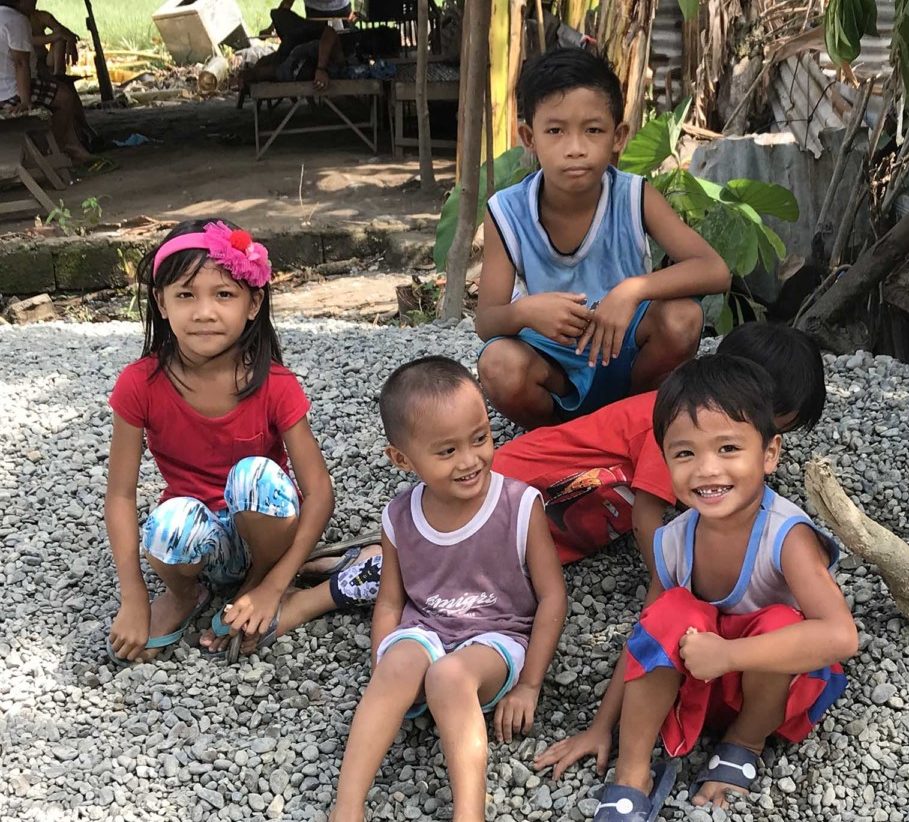Piloting the First Survey of Blood Lead Levels in the Philippines

Pure Earth Philippines, in partnership with the Food and Nutrition Research Institute (FNRI), completed the first-ever survey of childhood lead poisoning in the country in 2021-2022.
The Institute of Health Metrics and Evaluation estimates that about half of the 40 million children in the Philippines have blood lead levels (BLLs) above 5 microgram per deciliter, the standard for intervention set by the United States Center for Disease Control (CDC). Various local BLL studies in children from 1995 to 2017 showed a range of 5.39 to 67.6 ug/dL. However, until now, there has been no systematic effort to collect and analyze blood lead data from across the country to understand the true scope of lead poisoning.
2,932 children ages 6-9 were included in the survey in 25 areas across the country, including the 3 large islands of Luzon, Visayas and Mindanao. The initial target population for the survey was 3,200 children, however, this was not feasible because of logistical constraints. Venous blood samples were collected by FNRI and sent to East Avenue Medical Center National Reference Laboratory (EAMC-NRL) for analysis.
Findings and Recommendations
257 or 8.76% of all children in this study had BLLs > 3.5 ug/dL. This is 9 in 100 children or a prevalence of 9,000 in 100,000 population. Using this value, the estimated number of children with BLLs > 3.5 ug/dL for a population of 11.95 children ages 5-9 years old (Philippine Statistics Office, 2020), is 1.05 million.
Pure Earth Philippines in collaboration with University of the Philippines Manila Philippine General Hospital National Poison Management and Control Center (UP PGH NPMCC) rendered feedback sessions with over 300 LGUs from the 37 areas, sent feedback forms and conducted tele- and face-to-face health consultations for the survey participants.
In 2023, preliminary results were shared with the Department of Health. In addition, Pure Earth Philippines presented the Preliminary Report during the First National Conference on Social Development and Sustainability (NCSDS).
Since there is no threshold level for lead exposure, it is important that the country adapts strategies that will guide health care professionals, especially public health experts, to implement actions to reduce and if possible, eliminate lead. One strategic action is the establishment of a lead monitoring and surveillance system. Activities include (1) the regular blood lead monitoring to better establish the background levels among Filipino children and pregnant women; (2) a home-based assessment for potential sources of lead exposure; and (3) development of diagnostic tools for early detection of lead exposure and the timely initiation of appropriate interventions to prevent onset or progression of disease.
Watch this video to learn more from the team.
Country Director Larah Ibanez shared her reflections on a recent meeting with USAID Assistant Administrator, Dr. Atul Gawande.
Philippines: Identifying Childhood Lead Poisoning in the Philippines
